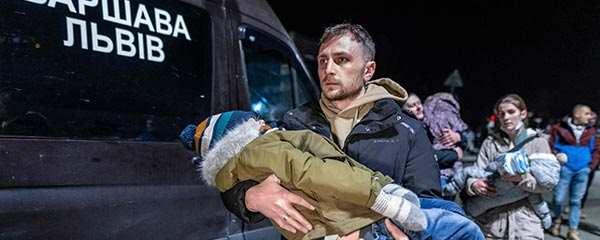This guest opinion piece uses ���۴�ýWorld Poll data as part of the authors' discussion paper.
The fall of socialism in Central and Eastern Europe restored ordinary citizens' rights and freedoms, and ended their political and social isolation. While strictly controlled before 1989, the freedom of movement was among the liberties that transition citizens promptly embraced and quickly exercised. With the liberalization of passport regulations, emigration from the post-communist countries sharply increased in the early 1990s because of the opening of the borders, as well as political and economic instability in the home countries. People may have quickly embraced the new freedom of movement, but a civil society revival lagged because of the eroded civic norms, declining social capital and worsening economic conditions.
A recent Institute for the Study of Labor , Left Behind but Doing Good? Civic Engagement in Two Post-Socialist Countries, by , and , examines the link between having relatives and friends living in other countries and the pro-social behavior of those living in two post-socialist countries -- Bulgaria and Romania, the EU's poorest, unhappiest and among its most corrupt members. Using ���۴�ýWorld Poll data, the authors show that having close contacts abroad is positively associated with civic engagement. Their findings hold across various socio-demographic groups and for various pro-social behaviors -- donating, volunteering and helping strangers. Remittances are also a determinant of pro-social behavior but have no effect on civic engagement above and beyond the effect of having friends and family abroad and are unassociated with volunteering activities.
The authors suggest that the cultural transmission of norms from abroad could explain their findings. Specifically, the strength of the civic engagement culture of the family's or friend's community matters for the pro-social behavior of respondents in the home countries. The results suggest that the migration of family and friends may have positive consequences for the individuals and communities left behind in Bulgaria and Romania. Given civil society's role for development in post-socialist Europe and the socio-economic and institutional challenges that Bulgaria and Romania face compared with the rest of the EU, understanding the channels fostering civil society and well-being is important for national and EU policymakers.
